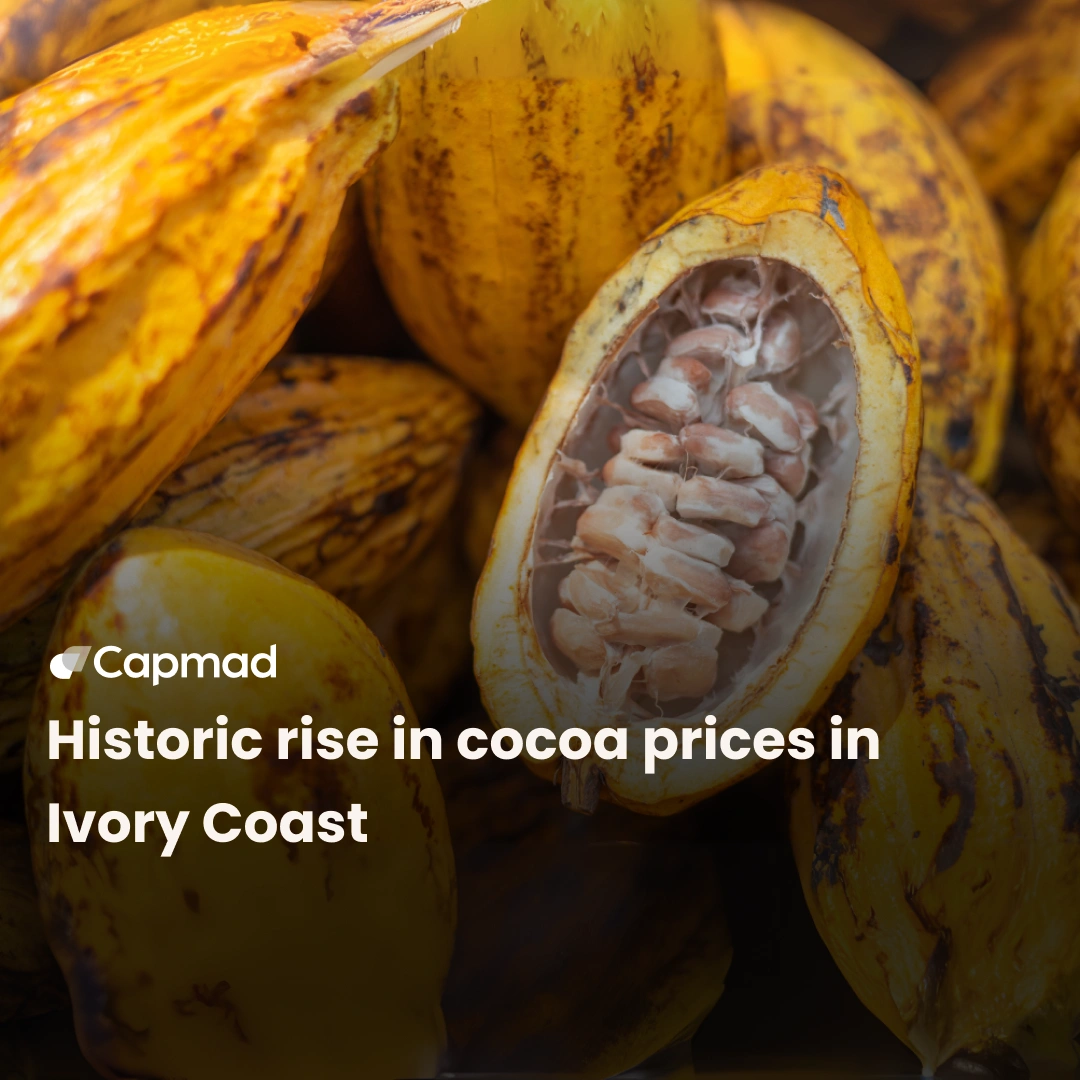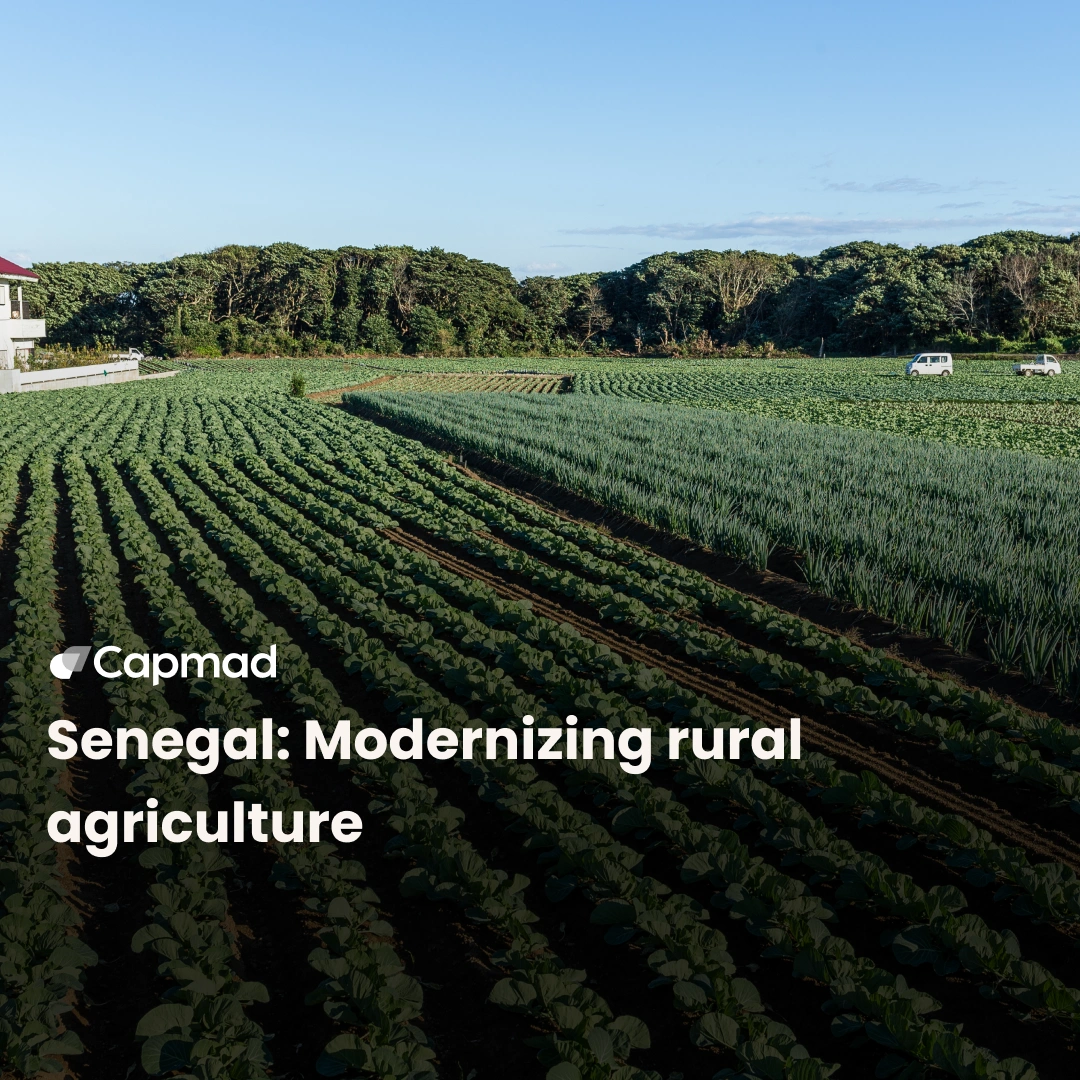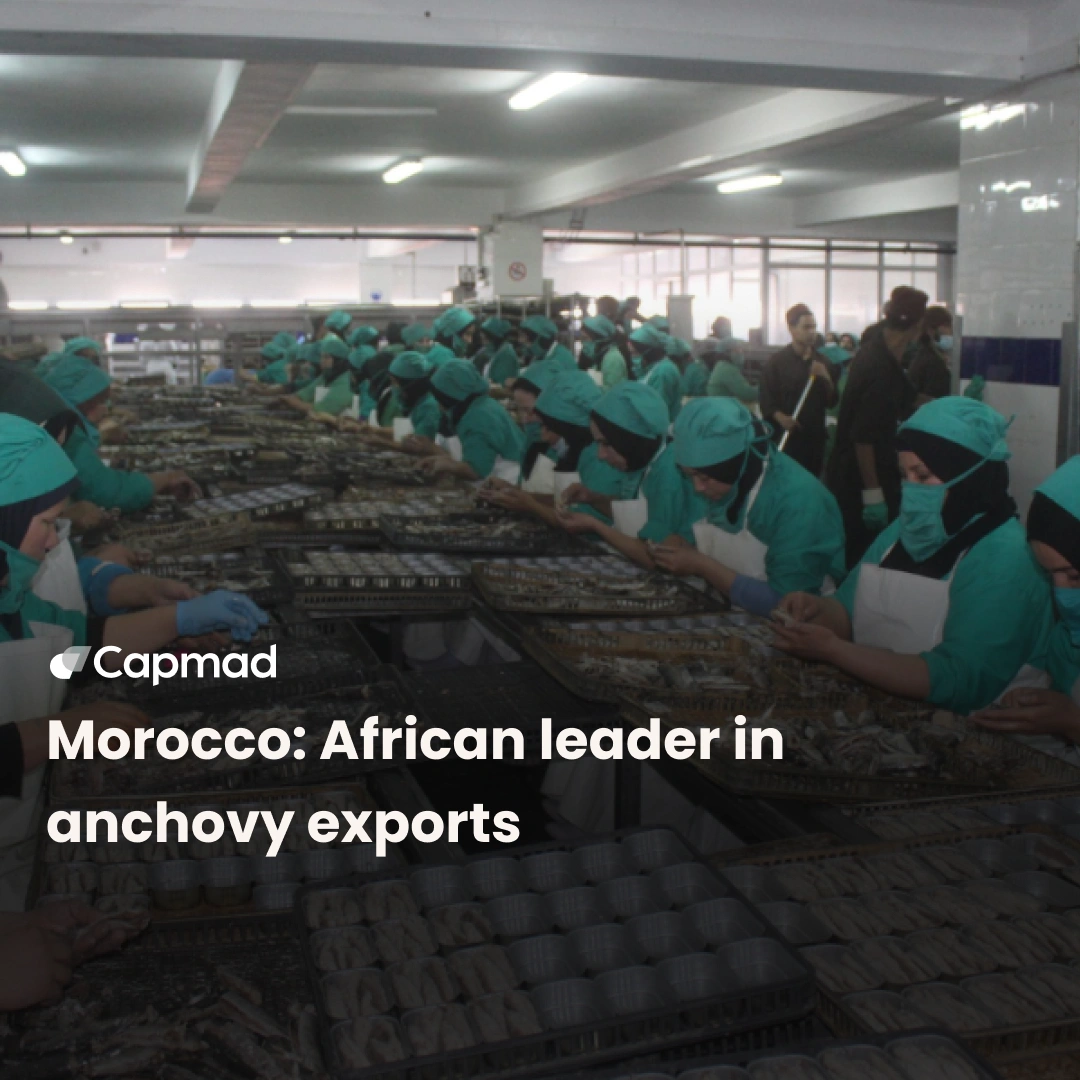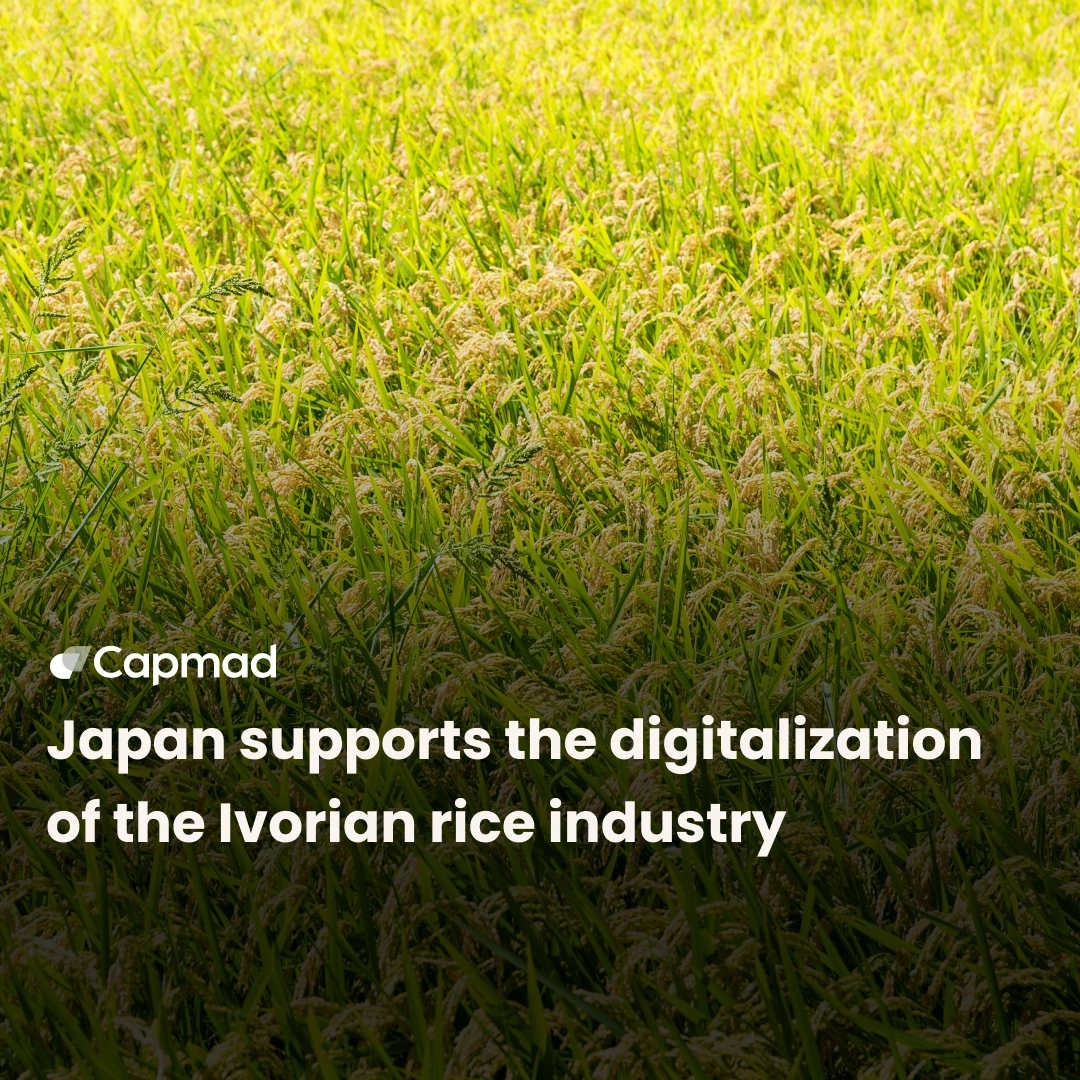Ghana’s dramatic increase in the cocoa farmgate price marks a significant step in valuing local producers while potentially influencing price-setting mechanisms in the region and on the global market.
A substantial increase in the farmgate price
On August 4, 2025, the Ghanaian government announced a significant 62.58% increase in the price paid to cocoa producers for the 2025-2026 campaign. The price per ton rose from 3,100 USD to 5,040 USD. This remarkable measure aims to better reward farmers, who are regarded by authorities as “a vital pillar of the national economy”.
A strong political commitment
This increase reflects the campaign promise of President John Mahama, elected in December 2024, who pledged to raise the share of the Free On Board (FOB) export price returned to local producers to nearly 70%. The average FOB price is now estimated at 7,200 USD per ton, a significant rise compared to previous seasons.This policy aims to give farmers a fairer share of cocoa revenues.
Impact on the region and global markets
As the world’s second-largest cocoa producer behind Côte d’Ivoire, Ghana usually sets its price before its Ivorian neighbor. This substantial increase could prompt Côte d’Ivoire to adjust its farmgate price as well, which is currently much lower (about 2,440 USD per ton compared to 5,040 USD in Ghana).This dynamic could lead to higher global cocoa costs amid a supply weakened by ageing plantations and climate challenges.
Addressing climatic and economic challenges
The price revaluation comes at a time when the cocoa sector faces difficulties such as loss of cultivated land, disease contamination, and some farmers turning away from cocoa toward more lucrative but destructive activities like artisanal gold mining.The Ghanaian government supports this increase by relaunching an agricultural aid program that includes free distribution of fertilizers, insecticides, and other inputs to boost yields and ensure the sector’s sustainability.
A crucial lever for the local economy
Cocoa accounts for about 10% of Ghana’s GDP and involves millions of smallholders. By strengthening remuneration, authorities hope to encourage these farmers to invest more in their plantations and counteract the negative effects of smuggling and shrinking cultivated areas. The price increase is thus a key element in the national strategy to preserve the sector amid economic and environmental challenges.






